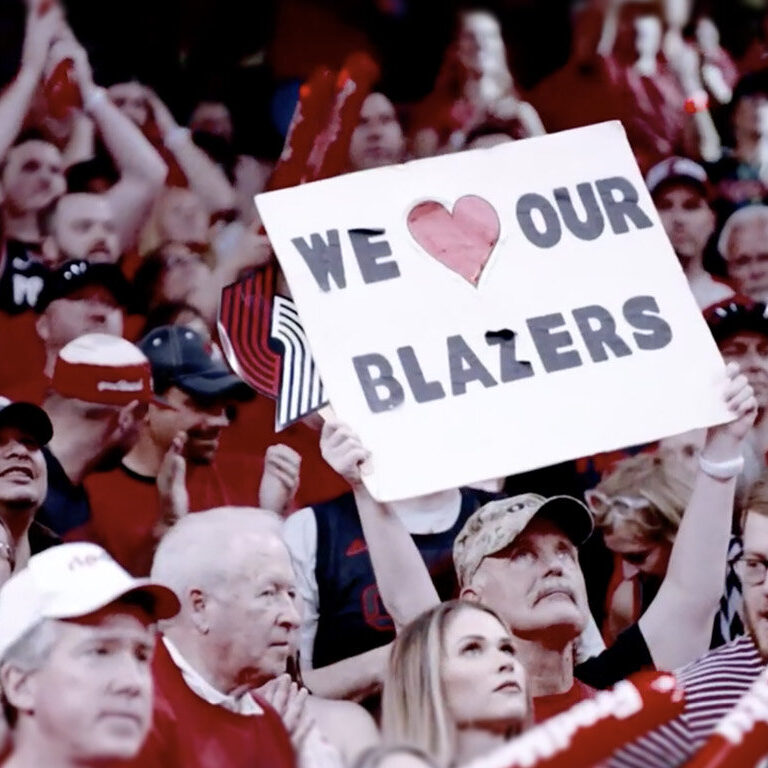Excerpt from Winning with Data – CRM and Analytics for the Business of Sports.
The sports marketing industry has been around for many years. While the 1984 Los Angeles Olympics holds claim to being the first US event to generate broadcasting fees, the to-the-death arena fights of ancient Rome could also be considered a foundation to what’s now a multi-billion-dollar global business. Regardless of whether you believe the catalyst was our first formalised approach to commercialising an event, or wealthy aristocrats sponsoring gladiators, why has CRM become so important to the sports world that it now deserves its own book?
The sports industry is facing a lot of challenges:
1) We’re not turning out. MLB (Major League Baseball), NFL (National Football League), Test Cricket, French Rugby, NASCAR, the BNP Paribas Open, to name but a few, are all suffering declining audiences.
2) Our attention spans are shortening. According to a 2015 study by Microsoft, the average person’s attention span, thanks to our growing dependence on technology and social media, is now just eight seconds – less than that of a goldfish, and less than the 12 seconds it was at the start of the millennium.
3) We’re participating less. In the UK, the number of people playing sport or exercising has decreased since the London 2012 Olympics and, across the Atlantic, the Sports and Fitness Industry Association reports that inac- tivity among children has nearly doubled since 2015.
4) Customers want more. Thanks to the amount of information that’s available to us on any one of our connected devices, we have multiple options, so when we select one we expect it to meet our expectations.
Whether you have 2,000 or 200,000 fans, they’re all individuals with different wants and needs. They expect you to know them. According to global CRM software brand Salesforce, 63% of millennials will share their data in return for personalised offers and discounts. They expect tailored recommendations and offers.
Lots of opportunities
But, despite these challenges, there are also many opportunities. This is where I see CRM playing a huge role in shoring up our business models, helping us secure financial sustainability and ensuring we don’t have to rely on our performance on the field to ensure performance off it.
1) We have passion. Lots of it. Sports can move fans to tears of joy or sadness. While global consumer brands from Coca-Cola to Visa have to pay for media attention, conjuring up storylines when launching a new product, a club can announce a new signing, an athlete can produce a personal best and their fans on the other side of the world will be discussing it before a web page has time to load.
2) We have natural loyalty. While any one of the individual companies in the FTSE 100 could purchase all the football clubs in the English Premier League, they can’t buy what Arsenal, Chelsea and Everton have in abundance – loyalty. Of course, it’s not just elite football. Worcester Warriors, Glamorgan Cricket, Team GB, the All Blacks, the Wildcats (to name just a few), all have fans that would go without food before they would go without their season ticket. Barclays and Bank of America, Marks & Spencer and Home Depot, Tesco and BestBuy, Vodafone and Sprint can only dream of that kind of allegiance.
3) We don’t have to buy column inches, likes, retweets and follows. Whatever your frame of reference, when a club announces a new midfielder, quarterback, pitcher or bowler, the media have dissected the decision before the athlete’s chosen their locker.
4) We have an abundance of content. We don’t need to hire PR teams and ad agencies to conjure up stories and creative narratives. We create images that are shared at the speed of light and memories that truly last a lifetime.
The use of CRM has proven to be so powerful in building customer loyalty for companies who don’t have half of what the sport industry has naturally, that we believe when we truly embrace the use of data the impact will be significant. We’ll win back our audiences, get more people on the field and remain our fans’ number one choice when it comes to their focus, attention and share of disposable income, because we’ll be giving them what they want.
Please get in touch if you’d like another excerpt from Winning with Data or to discuss your challenges and opportunities.





